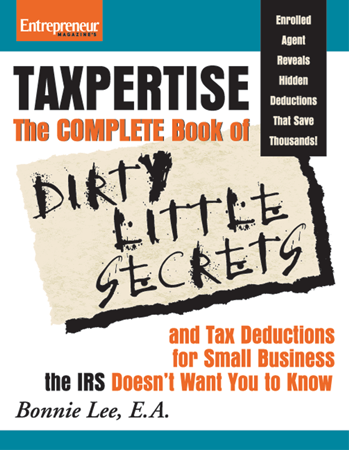Life is complicated. And that’s probably one big reason tax law is complicated. So many “what if’s” make for more and more legislation. Below are situations that may arise once you become a landlord. It’s important to understand the tax consequences in order to maximize your tax savings and to be in compliance with tax law.
Must I file 1099s if I pay a workman? No you don’t have to do that. Congress actually passed that requirement for landlords in 2011 but rescinded the legislation later on. Anyone who is self-employed is required to file Form 1099-Misc for payment for services in the amount of $600 or more. But if you are reporting your rental income and expenses on Schedule E then you needn’t worry about this obligation.
What if I am renting out to a family member? Renting to relatives can be a sticky wicket. The IRS views all transactions between related parties as suspect especially if the activity results in a loss that reduces your tax liability. In order to take all of the deductions to which you are entitled, and not have the rental reclassified by the IRS as “personal use,” make sure the rent is charged at fair market value and that you are treating the rental in a professional manner. So we’re talking rental or lease agreements on file as well as a bona fide business relationship. It would be advisable to obtain a list of comps in your area to substantiate that the rent you charge to your relative is what you would charge to a stranger. Keep that list in your tenant file along with the rental agreement in case of audit.
Renting part of your home is an interesting topic expanded upon in IRS Publication 527. Many people rent out spare rooms. This should be reported on your tax return if you your activity falls within the guidelines outlined in this publication. Allocate your expenses between personal use and rental purposes and claim your rental income and expenses on Schedule E. The rules listed in this publication also apply to vacation homes that are used for personal purposes as well as for rental. Speak to your tax adviser to work out the amounts you can deduct.
Limits on deductions apply to rental properties. Rentals are considered passive activities. Unless you are a real estate professional, you can deduct losses from these activities only against other passive income. Any unused losses and credits may be carried forward to future tax years. There is an exception: if you actively participate in the activity, you may deduct $25,000 in losses in the current year. If your modified adjusted gross income exceeds $100,000 ($50,000 if married filing separately), the amount of deductible loss will phase out. There is no deduction allowed currently if your income is greater than $150,000.
Depreciation is a deduction for the cost of the property, the cost of improvements, furniture, furnishings, machinery and equipment, expensed over the useful life. You cannot deduct depreciation for land or for any equipment you purchase to make improvements to the property. For example, if you buy a table saw so you can cut baseboard and other lumber for a remodel to the property, you cannot take a deduction, depreciation or otherwise, for the cost of the saw. You also cannot take a Section 179 deduction, in which you expense the full cost of furniture, fixtures, machinery, and equipment in the year of purchase. This special allowance is allowed only for businesses and not for a rental activity listed on Schedule E.
These are only a few examples of special situations. Because the tax laws governing rental properties are so complex, I would urge you to sit down with a tax professional to learn more so that your activity will pass all tests if you are under audit.



